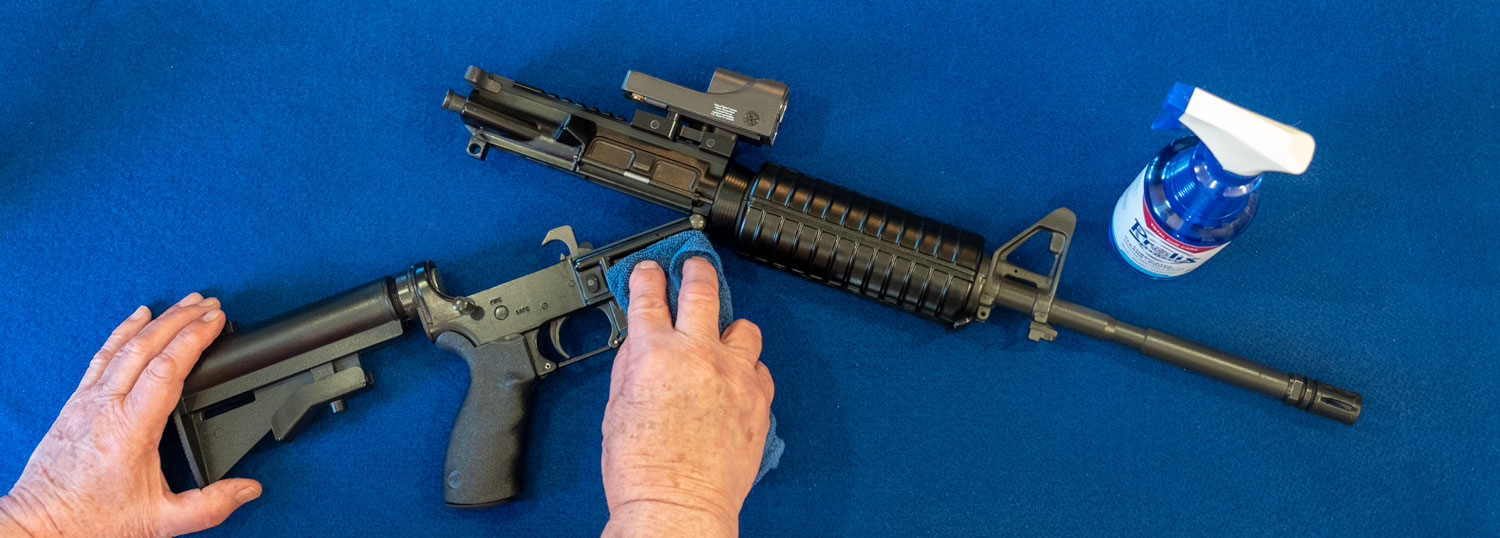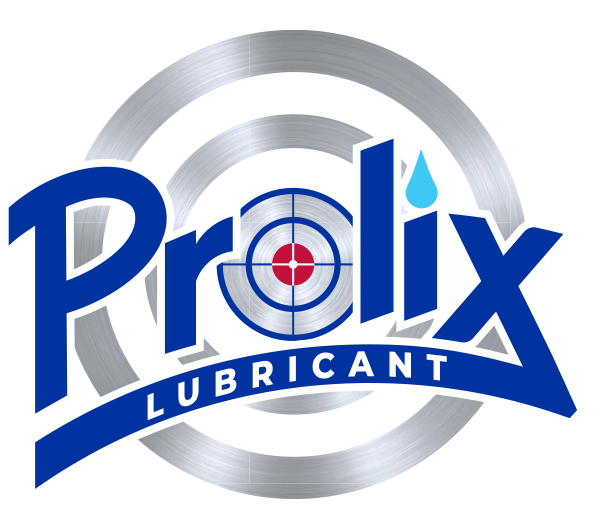
When you’re choosing the best gun oil for your guns, many owners make mistakes, which can lead to poor maintenance or even damage to their firearms. To help you avoid this, we’re going to answer some of the most common questions people have when looking for different types of gun oils.
What’s the Best Gun Oil? Why?
You definitely want to use the best gun oil for good function and longevity of your guns. But what makes a gun oil the best?
- The best gun oils provide lubrication, longevity, and protection with no sticky residue.
- It should prevent rust and corrosion, especially in different environmental conditions.
- It should be residue free.
- It should be consistent and perform well across a wide range of temperatures.
Types of Gun Oils
There are three main types of gun oils:
- Synthetic oils, which are known for long-lasting and stable protection.
- Natural oils, which are preferred because they are eco-friendly and usually non-toxic.
- CLP, which is a multipurpose oil that simplifies cleaning and bolt maintenance.
Synthetic oils are popular because of their superior performance, ability to handle extreme temperatures, and tendency to resist oxidation better than natural oils.
No matter what type of gun oil you use, you definitely don’t want to over-oil. It will attract dust and debris, which can lead to the firearm jamming. All you need is a thin and even coat. Typically, once you have the proper coat, all you need is a cool and dry place away from direct sunlight to preserve it.
As far as pricing, they all have various prices and you’ll have to judge the performance and durability versus the cost.
How Often Should I Oil My Firearms?
Your firearm should be oiled regularly, but how often? The frequency that you will oil your guns depends on how often you use your guns, the environment, or even the different types of ammunition that you were using.
Some people like to oil their guns after every use. This can help to remove any residues, moisture, or anything else that could lead to corrosion. Typically, even doing it every few months is enough to keep your moving parts lubricated and protected. However, if you are in a more humid area, you may need to oil more frequently to prevent rust.
You can look for signs like the firearm, not cycling as it should, any unusual noises, any obvious or visible rust. Any of these signs indicate that your firearm needs oiling. You should do regular inspections of your firearms, even if you don’t use them frequently. This makes sure that any issues are handled quickly.
If you’re storing your firearms for an extended time, a light coat to prevent corrosion should be good. Check out your firearms periodically just so you’re sure they are in good condition. Again, avoid over-oiling, as it can trap dust and dirt, potentially doing more harm than good. All you need is a light, even coat.
Can I Use General-Purpose Oil as Gun Oil ?
It might seem easier or a good idea, but is it? Oils that are specifically made for firearms are formulated to protect your guns against wear or corrosion. General purpose oils may not. They may also leave sticky residue that attracts dirt and debris. We are trying to avoid, again, because it is not specifically formulated for this purpose.
Other reasons they may not be suitable include instability at various temperatures and insufficient corrosion resistance. They can also break down faster, they may need more frequent usage, and could potentially reduce performance over time.
We definitely recommend avoiding using the wrong gun oil for your firearms. In the long run, what you may think you’re saving in money will cost you in repair.
What are the specific signs that my firearm needs gun oil?
Let’s get a little more specific. What can happen if your guns need oil?
- They may be more difficult to cycle.
- You may hear noises like squeaking, grinding, or other unusual sounds that you shouldn’t be hearing.
- You may start to see rust on the metal parts.
- You start to have malfunctions or frequent malfunctions, possibly even misfires.
- The action starts to become sticky or rough.
- You may start to have firing pin issues, where the pin doesn’t strike properly or only leaves light impressions.
- The slide becomes slow or unresponsive resulting in slow slide return.
- The gun may just feel dry.
Dry Gun Lube
One that we haven’t spoken about yet is dry gun lube. At Prolix, we have been one of the leading names in gun cleaning and lubrication for over 30 years. If you would like to find out what dry gun lube is, how it works, and how it is superior, click here: PrOlix Dry Gun Lube.
- prolixhttps://prolixlubricant.com/author/prolix/
- prolixhttps://prolixlubricant.com/author/prolix/
- prolixhttps://prolixlubricant.com/author/prolix/
- prolixhttps://prolixlubricant.com/author/prolix/

